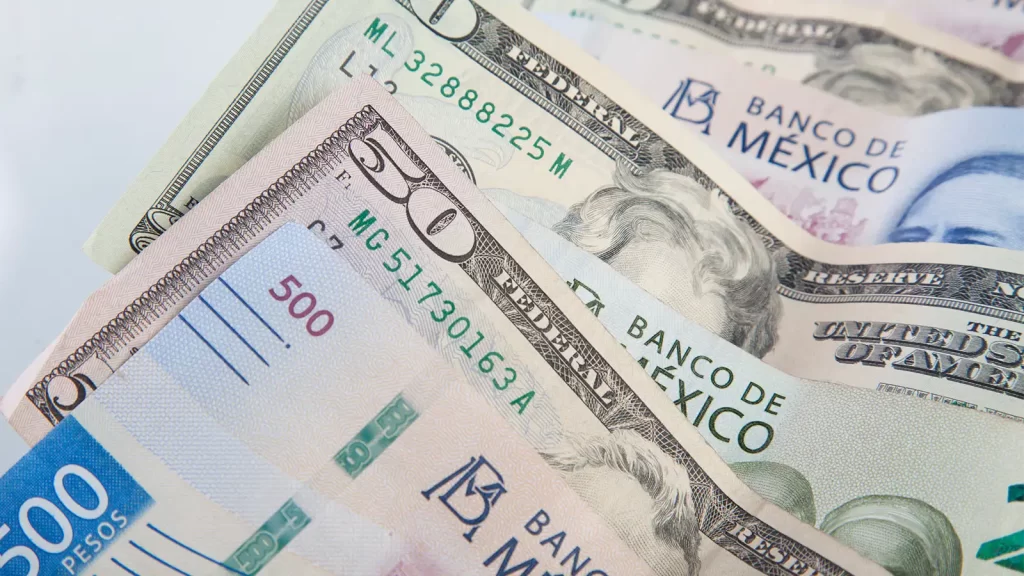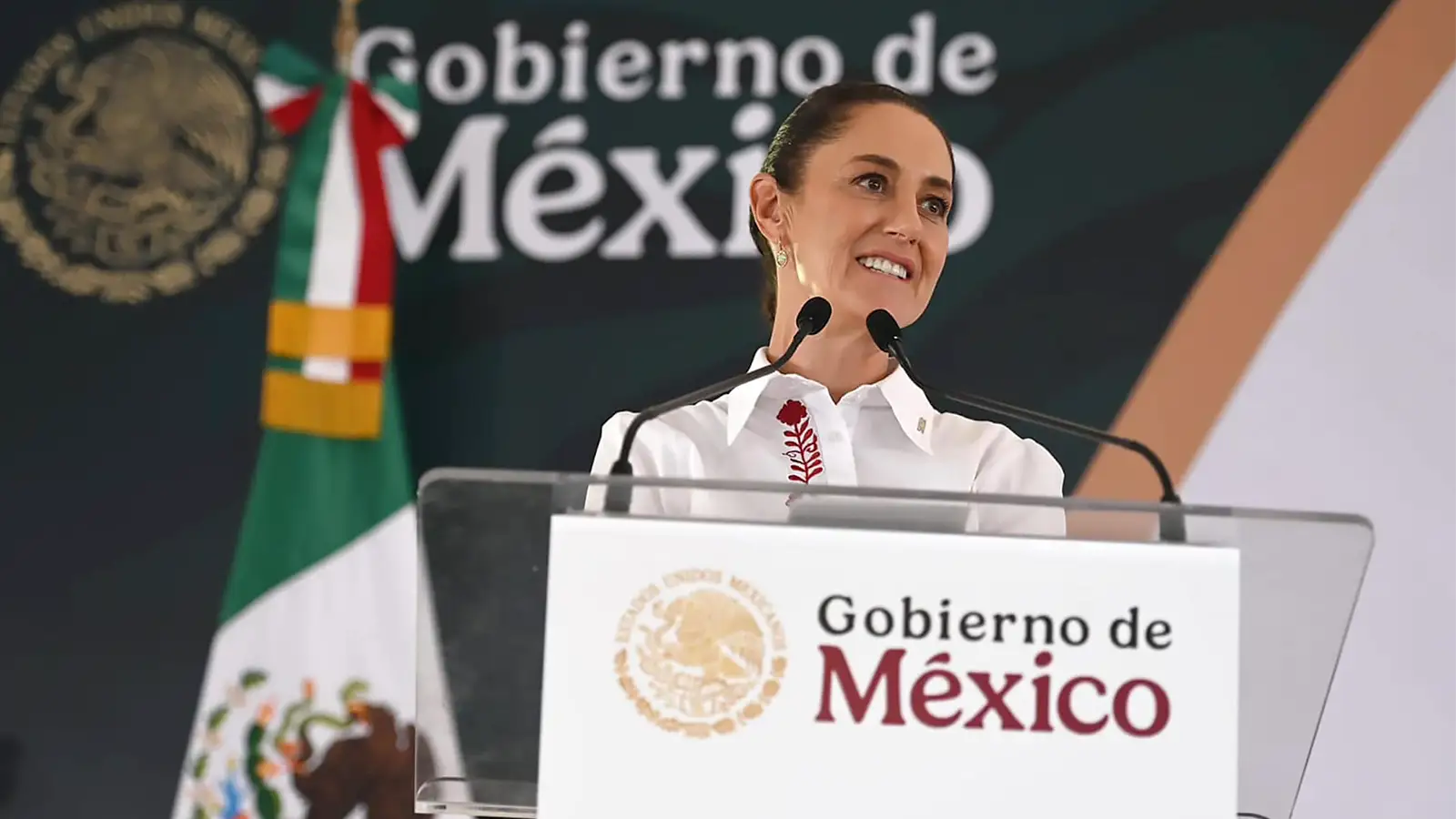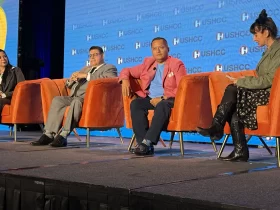In a gesture of recognition and closeness to the migrant community, Mexico’s President Claudia Sheinbaum applauded this week the pressure and mobilization of Mexicans in the United States who managed to stop a sharp increase in the tax on remittances. Thanks to their actions, the U.S. Senate reduced the proposed tax on cash remittances from 3.5% to just 1%, and also excluded wire transfers, which account for the majority of remittances.
During her morning conference on Monday, June 30, the mayor expressed her joy and admiration for the actions of the migrant community, especially highlighting the massive sending of letters to U.S. senators and the direct visits they made to express their concern. According to Sheinbaum, this mobilization was key to ensure that the levy was not applied across the board.
“It is a triumph of our countrymen and countrywomen, especially those who have dual nationality and were able to exert direct pressure. We send them our affectionate greetings and our recognition,” Sheinbaum commented from the National Palace.
What exactly changed?

Initially, the U.S. Congress had approved a bill that contemplated applying a 3.5% tax to all remittances sent from U.S. territory, which generated a wave of concern among millions of Mexican families that depend on these resources. However, the Senate revised this proposal and decided to reduce this percentage to 1% and limit it only to remittances sent in cash.
This detail is crucial, since more than 90% of remittances sent to Mexico are electronic, according to data from the Bank of Mexico. In fact, Sheinbaum mentioned that this figure could even be 99%, meaning that the vast majority of remittances will not pay any tax.
“Transfers made by credit card, debit card or through digital platforms are completely exempt. Only a minimal portion, which is those sent in cash, will be subject to 1%,” the chairwoman clarified.
A refund for those who send cash
Despite the fact that the impact will be reduced thanks to this modification, Sheinbaum announced that her government is already working on a refund plan for those people who, for different reasons, still send cash.
This reimbursement will be made through the “Tarjeta Paisano” (Paisano Card), a financial instrument that the Mexican government promotes through Finabien (Financiera para el Bienestar), in order to bring more financial services closer to migrants and their families.
“We want no one to be affected, even those who send cash. That is why this Friday we are going to give more details on how this 1% refund will work,” Sheinbaum advanced.
In addition, she explained that the investment for this refund program will be very small for the government, since the number of cash remittances is low. It is estimated that the budget required will be less than five million pesos.
The strength of the migrant community
One of the highlights of this story is the organizing and lobbying capacity of the Mexican migrant community in the United States. Far from sitting idly by, thousands of people with dual citizenship – or with the ability to influence the U.S. Congress – mobilized to stop a measure that would directly affect their families in Mexico.
The President acknowledged the role of these citizen actions, noting that they were instrumental in modifying the initial proposal. Thousands of letters arrived at senators’ offices, and many legislators received visits from migrants concerned about the measure.
“A lot of letters and messages came in. This shows that when our communities organize and raise their voices, important things can be achieved,” said the governor.
When does the new tax go into effect?
The 1% tax on cash remittances would take effect as of December 31, 2025, according to the U.S. legislative calendar. However, before it becomes final, the proposal must still return to the House of Representatives for final approval, since it was modified in the Senate.
In that sense, the Mexican government will continue to be attentive to what happens with this legislation, and reiterated its commitment to migrant families. Sheinbaum assured that her administration will not allow any tax change to negatively affect those who sustain a fundamental part of the Mexican economy.
Why is it so important?
Remittances from the United States represent a key source of income for millions of families in Mexico. In many cases, this money covers basic needs such as food, housing, education and health. A high tax on these remittances would have hit not only migrants, but also their loved ones in Mexico.
Therefore, the announcement that most remittances will not be affected – and that the tax will even be reimbursed for the few that will – was received as an important victory for the rights and welfare of the Mexican community abroad.
In short, what could have been bad news ended up being a demonstration of what can be achieved when the community organizes and stands up for what is right. The backing of the Mexican government and the solidarity with those who send money to their families make it clear that remittances are not just money transfers: they are acts of love and commitment that deserve respect and protection.






































Leave a Reply